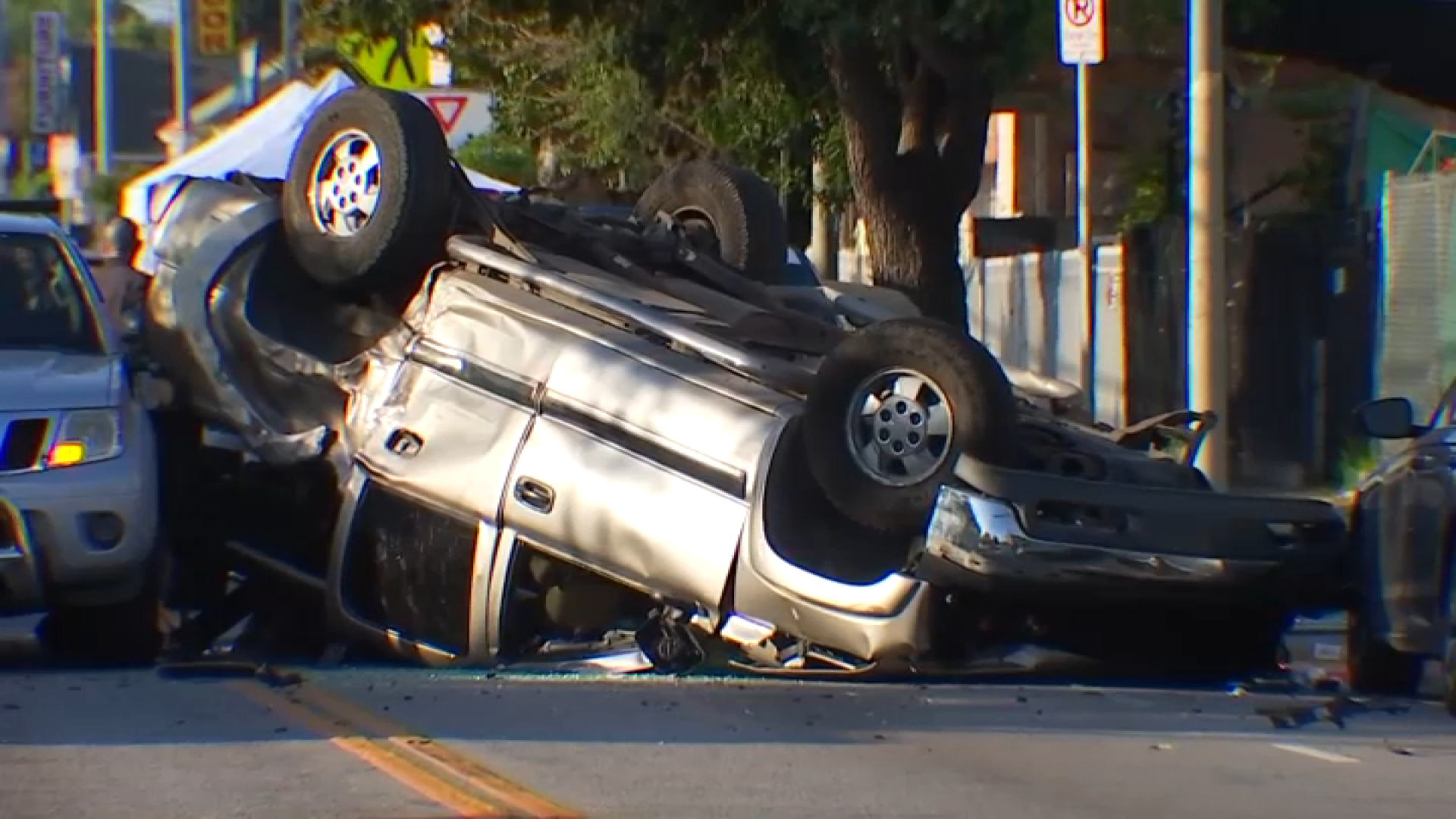What to Know
- Kia owners across the country say their cars have spontaneously erupted in flames.
- It's happening with some Hyundai's too.
- Both automakers previously recalled more than a million cars for an engine defect.
Lorinda Hixon says she was driving on the freeway when she heard a popping sound. Then she saw smoke.
She pulled over. Within minutes her 2012 Kia Sorento was in flames.
"Thank God, I just say, 'Thank God,'" she said. "Thank God I got out of the vehicle and I'm here today."
Hixon's not alone. Kia owners across the country say their cars have spontaneously erupted in flames. It's happening with some Hyundai's too.
Both automakers previously recalled more than a million cars for an engine defect. They say the recall fixes the problem. But Hixon disagrees. She says her car was fixed under the recall, but caught fire anyway.
Attorney Steve Berman is hearing the same story from other Kia and Hyundai owners.
"We have many clients that took it in for the recall, it was supposedly fixed, and then it caught fire," he said. "So it's pretty clear the company doesn't have the proper fix."
Berman also says the problem is even bigger, that Kia and Hyundai cars not included in the recall are also catching fire. He filed a class action lawsuit.
"I think they've attempted to address this issue in an inadequate way," he said.
Kia told the NBC4 I-Team it doesn't comment on pending litigation.
In a statement, Hyundai didn't address the lawsuit, but said: it "actively monitors and evaluates potential safety concerns, including non-collision fires ... and acts swiftly to recall any vehicles with safety-related defects."
The nonprofit group Center for Auto Safety says it has counted 280 non-collision Kia and Hyundai fires. It's been urging the National Highway Traffic Safety Administration to investigate.
"What they should be doing is opening a new investigation into why Kias and Hyundais are catching fire," said Jason Levine, the executive director of the Center for Auto Safety.
Added Hixon: "I don't wanna see anybody get seriously hurt, or God forbid, die."
Local
Get Los Angeles's latest local news on crime, entertainment, weather, schools, COVID, cost of living and more. Here's your go-to source for today's LA news.
NHTSA is one of the agencies impacted by the government shutdown so any safety defect investigations are suspended.
But in regards to this issue, it previously told the I-Team: "It's dedicated to public safety."
Affected models/years:
- 2011-2019 Hyundai Sonata
- 2013-2019 Hyundai Santa Fe and Santa Fe Sport
- 2011- 2019 Kia Optima
- 2012-2019 Kia Sorento
- 2012-2019 Kia Soul
- 2011-2019 Kia Sportage
Hyundai's full statement:
Nothing is more important than the safety and security of Hyundai customers. Hyundai actively monitors and evaluates potential safety concerns, including non-collision fires, with all of its vehicles and acts swiftly to recall any vehicles with safety-related defects.
Hyundai has recalled more than one million vehicles (certain model year 2011-2014 Sonatas and 2013-2014 Santa Fe Sports) in two separate actions in 2015 and 2017 (NHTSA 15V-568 and 17V-226) to address a manufacturing issue that could lead to bearing wear and engine failure. In certain circumstances the affected engines have caught on fire.
Hyundai is working collaboratively with NHTSA on these recalls, which to date have completion rates of 86 and 72 percent respectively, versus an industry average of 69 percent for recalled engines.
[1] Hyundai continues to make every effort to contact customers who have not had the recall completed, including through traditional mailings, digital correspondence, owner website alerts, and in-vehicle notification through Hyundai's Blue Link telematics systems and its monthly vehicle health reports.
Hyundai has also launched and is promoting an online resource for the recalls, www.HyundaiEngineInfo.com, where customers can learn more about the recall condition, what indications and signs to watch for in their vehicle, and what steps they should take so we can fix the condition at no cost. We have also enhanced our customer service response for these vehicles by adding staff and resources so we can more quickly respond to and address any questions or concerns a customer may have.
In the rare case of a fire that results from a potential product defect, Hyundai takes immediate action to have the vehicle inspected, often with independent engineering and fire investigator experts, to determine the cause and works directly with the customer on a resolution. That includes covering expenses associated with the incident and offering complimentary transportation through a rental car or ride sharing, among other actions. Hyundai values its continued cooperative relationship with the U.S. Department of Transportation (DOT) and NHTSA.
Over the past three years, we have held numerous meetings with DOT and NHTSA representatives, and proactively discussed and identified possible safety items for NHTSA’s evaluation, including the engine recalls. NHTSA has been fully briefed and kept apprised of these recalls and low rates of associated non-collision fires. Customers who have any question or concern with their Hyundai vehicle should contact the Hyundai Customer Care Center here, (800) 633-5151 or here.



